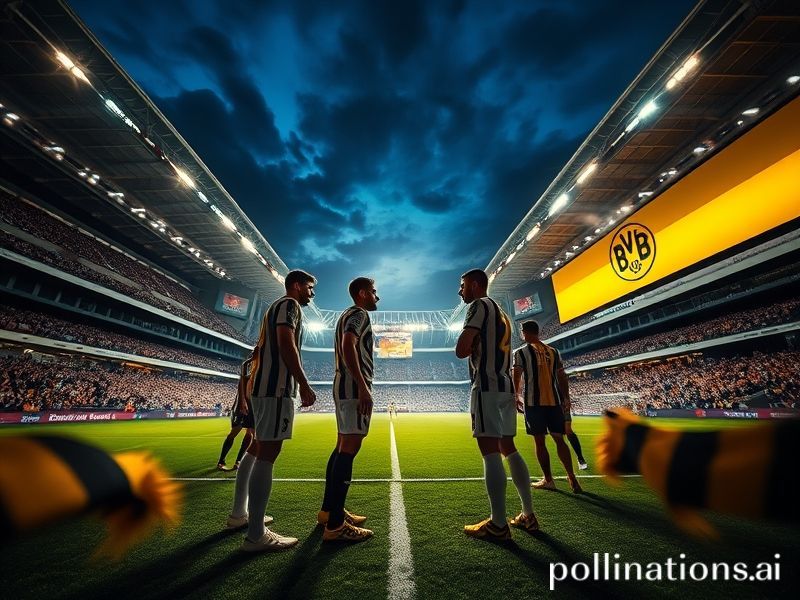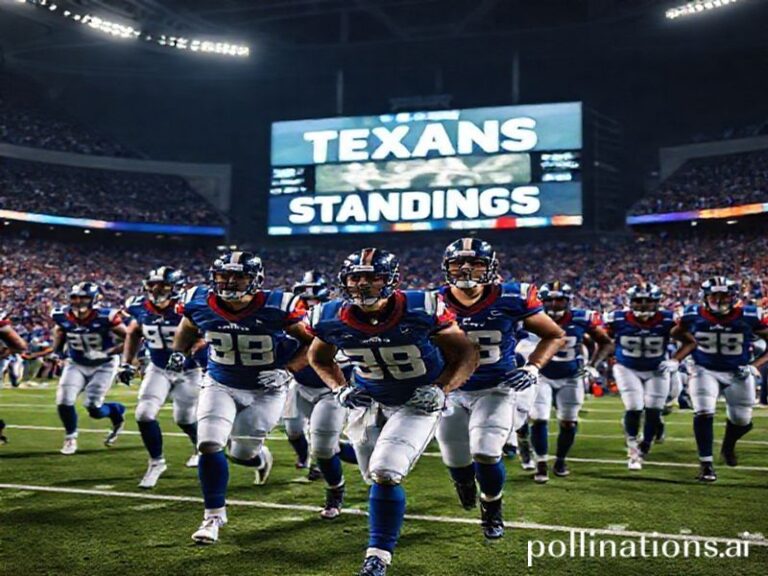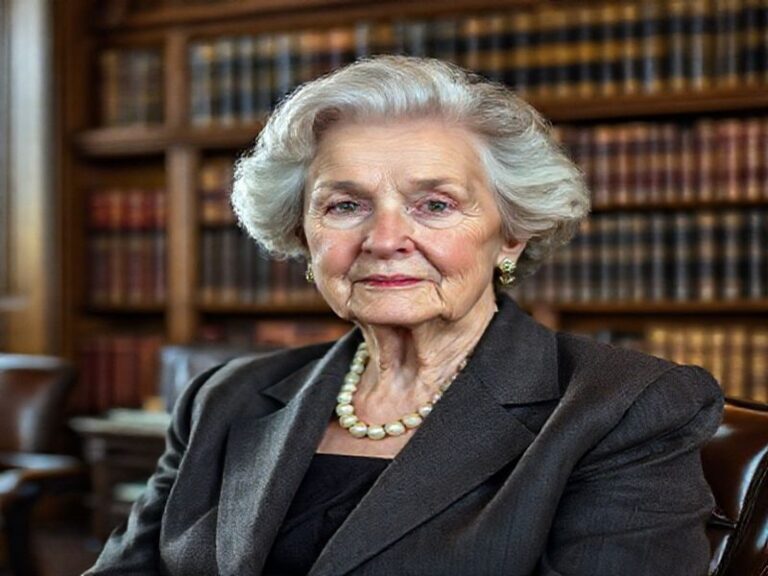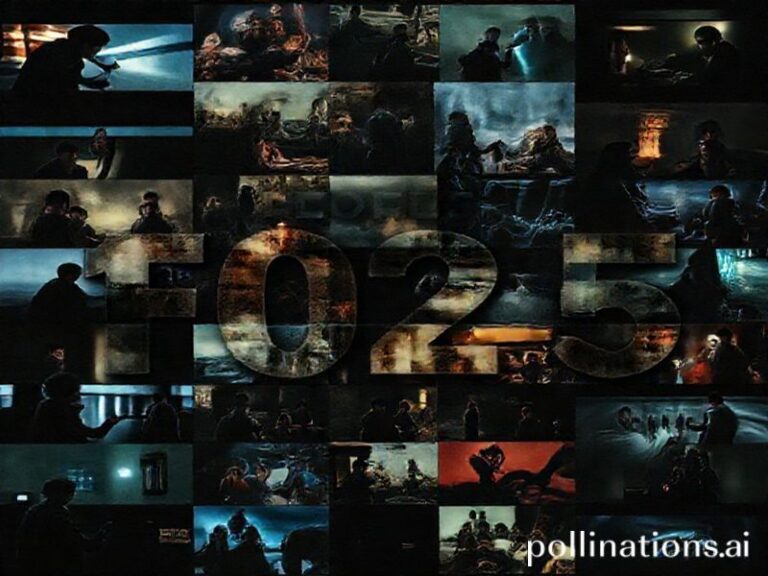Juventus vs. Dortmund: Two Aging Empires Cling to Glory While the World Burns
Juventus vs. Dortmund: A Tale of Two Aging Empires Trying to Convince the World (and Themselves) They’re Still Young
By the time the final whistle blows in Turin, the scoreboard will tell us who scored more goals, but it won’t tell us who still believes in tomorrow. Juventus versus Borussia Dortmund is less a football match than a continental séance: two storied clubs summoning the ghosts of past glories in the hope that the living haven’t noticed the wrinkles.
Globally, the fixture lands like a Rorschach test on an anxiety-ridden planet. In Jakarta, a ride-hailing driver toggles between illegal streams on his cracked phone, praying the data bundle lasts longer than Matthijs de Ligt’s concentration span. In Lagos, a currency-depreciated bar owner adjusts the volume so patrons can hear the commentator over generators that sound like chain-smoking tractors. And in Berlin, a start-up intern cancels dinner plans because “Sancho might finally do something,” blissfully unaware that Sancho himself has lately been doing more TikTok than tiki-taka.
Why does this particular collision matter beyond the usual Tuesday-night dopamine drip? Because Juventus and Dortmund are proxies for two competing Western narratives: the Italian art of surviving scandal by wearing sharper suits (and occasionally house arrest), and the German talent for rebranding thrift as virtue. One club is majority-owned by the Agnelli family, whose empire once supplied Mussolini with trucks; the other is 51 percent fan-owned, which sounds noble until you realize the fans also voted to list the club on the stock exchange, thus inviting the same hedge-fund hyenas that chew on everything else. Pick your poison: inherited sin or democratized greed.
Financially, the night is a stress test for UEFA’s new “sustainability” rules—essentially a polite way of asking clubs to launder oligarch money more discreetly. Juventus recently re-amortized transfer fees in ways that would make Enron blush, while Dortmund keeps selling players the way other people sell kidneys: out of necessity, with a shrug. If either club breaches the mystical profitability line, expect a chorus of moral outrage from the same English teams who invented the concept of spending money you don’t have and blaming foreigners for it.
On the pitch, the plotlines are deliciously morbid. Juventus fields a back line that collectively remembers dial-up internet, led by Leonardo Bonucci, whose facial expression permanently suggests he’s just read the small print on a contract extension. Dortmund counters with a squad so young it could be Bonucci’s gap-year entourage, yet somehow still concedes goals like they’re handing out flyers. Watching them defend set pieces is a masterclass in geometry taught by someone who skipped class to smoke behind the gym.
The geopolitical subplot involves American broadcasters, who have scheduled the match perfectly to clash with an NBA double-header, thereby ensuring Europeans feel as culturally relevant as a fax machine. Meanwhile, Chinese streamers pepper the feed with betting ads promising “100% guaranteed returns,” a phrase that translates in any language to “bend over.” In India, a telecom giant offers the match for free, recouping the cost by harvesting viewers’ data faster than you can say “Cristiano Ronaldo tax-evasion trial.”
And yet, for all the cynicism, the sucker punch of sport endures. Somewhere tonight a ten-year-old in Naples will see Federico Chiesa ghost past three defenders and decide that mortgages, pandemics, and melting ice caps can wait—right now there’s only the sublime arc of a ball kissing the inside of the post. That child will grow up, discover compound interest, and realize the world is rigged, but for ninety minutes plus injury time the con is paused. Football’s greatest trick is convincing us that postponing despair counts as hope.
So when Juventus and Dortmund line up under the LED glow, remember: the real scoreboard is existential. One club clings to relevance like a fading aristocrat at an orgy; the other peddles potential like a pyramid scheme for dreamers. Whoever wins, the planet keeps warming, the rich keep getting richer, and we keep tuning in because the alternative is reading the news. In that sense, the Champions League is the perfect opiate for the 21st century: strong enough to dull the pain, synthetic enough to keep us clicking.
Final whistle. The stadium empties. The hashtags vanish. Somewhere a drone camera lingers on a discarded bratwurst beside a half-eaten calzone, the culinary equivalent of our shared future: overpriced, undercooked, and inevitably regrettable.







